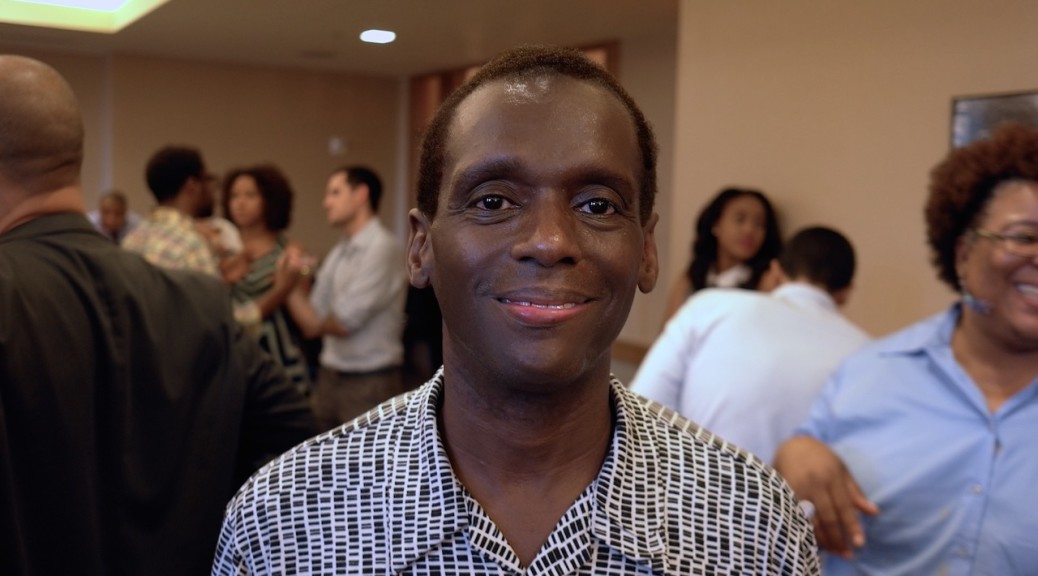MARCELLUS BLOUNT
Associate Professor of English and Comparative Literature
Essentially I was the first full-time Black faculty member in the English department. From a sociological point of view, that was really problematic, but in fact I made great friends in the English department. Again, this paradigm of lateral, horizontal mentorship, those friends taught me quite a lot about the department and the university.
One of those friends was a feminist scholar of literature and we became very close friends. Through that relationship I came to understand, or found a language for thinking about, how the institutions was as bereft of women as it was of African Americans. I knew that, but I don’t think I fully understood the ramifications of that, that the curriculum of the institution didn’t reflect society at large. There were too few women faculty to be sure, but it was also the case that a great course like Literature Humanities had no women writers. Part of the sense of community that I began to develop, largely with young women in the department and throughout the university, helped to socialize me as an African Americanist. I’d always thought of myself as feminist, but not in professional terms, not in the terms of what I did as a scholar. It was very helpful for me, because indeed I was not bereft of a community, it just looked different.

